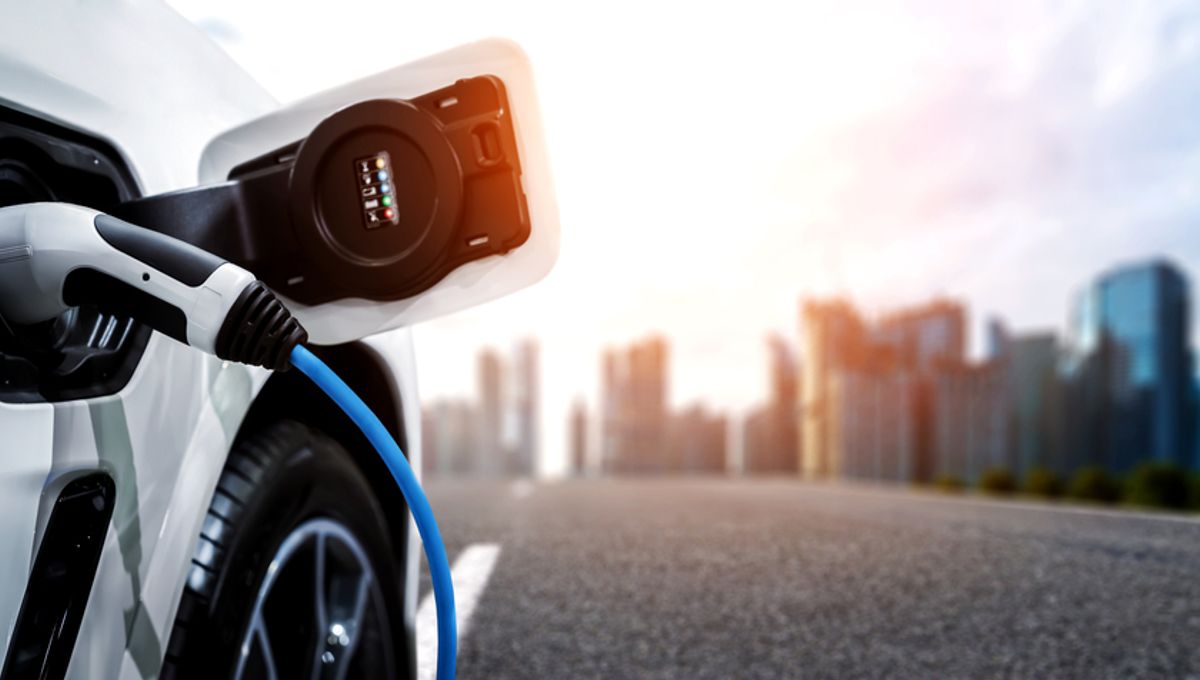
Scientists claim to have created a new type of battery that does not lose capacity after charging cycles, according to new research. The positive electrode material could pave the way for new electric car batteries that don’t suffer one of the greatest problems such cars currently face, which is a constantly diminishing lifespan and subsequently, expensive and ecologically-damaging replacements.
If the world is going to be free of the crude oil chains that currently prevent us from becoming net zero, we must move away from the use of petrol and diesel cars. Generally considered our best bet in doing so is electric cars, which have come a long way in just a few years, but continue to be limited by battery technology. Lithium-ion batteries are heavy, expensive, relatively short-lived, and don’t offer the range needed to persuade many petrolheads away from their beloved pistons. If the world is to adopt electric cars, battery lifespans need to go up and costs need to go down.
Enter solid-state batteries (SSBs), a promising new tech that may do just that. Lithium-ion batteries rely on a liquid electrolyte to facilitate the flow of charged ions during charging and discharging, while solid-state batteries are made of entirely solid materials. These batteries can charge faster, don’t pose a safety risk if the contents spill out, and can store more energy than their liquid counterparts, but are currently limited by damage that occurs to the electrodes when lithium ions move through them. This is because the electrodes expand and shrink with ion movement as their structure changes, and if SSBs are to become viable, they need a way to stop this movement.
To combat this, a team of researchers looked at a new type of SSB material that has incredible stability, preventing electrode damage. This material is useful for one main reason: it has the same volume when ions move out of or into it. Therefore, the battery can be used over and over without regular degradation of the material – technically, it could be charged and discharged indefinitely.
The team tested it and found no degradation across 400 charge/discharge cycles, which you certainly wouldn’t get with lithium-ion batteries. It isn’t quite perfect yet, but lead author Professor Naoaki Yabuuchi believes they are on track to make it so.
“The absence of capacity fading over 400 cycles clearly indicates the superior performance of this material compared with those reported for conventional all-solid-state cells with layered materials,” co-author Associate Professor Neeraj Sharma said in a statement.
“This finding could drastically reduce battery costs. The development of practical high-performance solid-state batteries can also lead to the development of advanced electric vehicles.”
According to the team, this battery could mean an electric vehicle that charges in just five minutes, with higher capacity than current batteries – all at a much cheaper cost.
The research was published in Nature Materials.
Source Link: New Battery Holds More Energy And Doesn't Lose Capacity From Charges